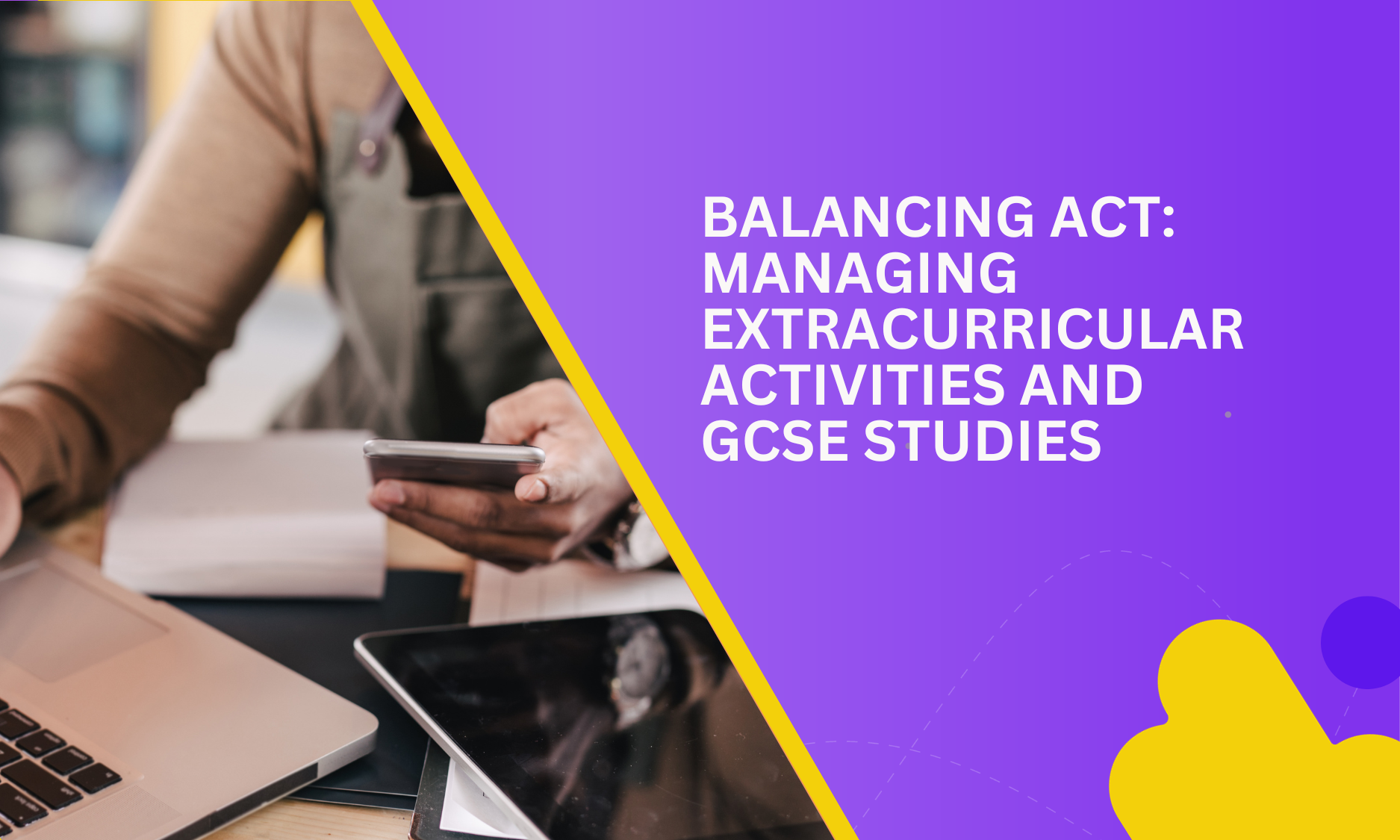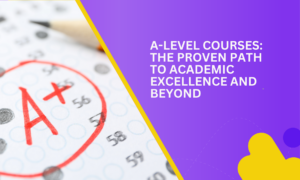The journey through high school is undoubtedly one of the most crucial phases in a student’s life. It’s a period marked by significant academic challenges, personal growth, and the pursuit of various interests. For many students pursuing their General Certificate of Secondary Education (GCSE) qualifications, striking the right balance between academic studies and extracurricular activities can be a daunting task. However, it’s a challenge that can be conquered with the right mindset and strategies in place. In this article, we’ll explore the importance of extracurricular activities and share some valuable tips for managing them alongside GCSE studies.
The Significance of Extracurricular Activities
Extracurricular activities encompass a wide range of experiences beyond the traditional classroom setting. These activities can include sports, arts, clubs, volunteering, and more. While they may not be directly related to GCSE coursework, they play a pivotal role in a student’s overall development. Here’s why they matter:
1. Skill Development
Extracurricular activities provide opportunities for students to develop a diverse set of skills. Whether it’s leadership, teamwork, time management, or communication skills, participating in these activities can help students acquire and refine these essential life skills.
2. Stress Relief
Engaging in extracurricular activities can serve as a healthy outlet for stress. The demands of GCSE studies can be overwhelming at times, and having an activity you’re passionate about can provide a welcome break from the books.
3. Networking Opportunities
Participating in extracurriculars allows you to connect with like-minded individuals who share your interests. These connections can be invaluable in the future, both academically and professionally.
Tips for Balancing Extracurricular Activities and GCSE Studies
Balancing extracurricular activities with GCSE studies can be challenging, but it’s entirely possible with the right approach. Here are some tips to help you maintain equilibrium:
1. Prioritize Your Commitments
Take stock of your extracurricular activities and assess their importance to you. Prioritize those that align most with your long-term goals and passions. If you’re involved in too many activities, consider reducing your commitments to a manageable level.
2. Create a Study Schedule
Effective time management is the key to balancing your academics and extracurriculars. Create a study schedule that allocates specific time blocks for coursework, homework, and revision. Stick to this schedule as closely as possible to ensure you’re making progress in your studies.
3. Learn to Say No
While it’s important to explore your interests, it’s equally crucial to know when to decline new commitments. Saying no is not a sign of weakness; it’s a smart choice when your plate is already full.
4. Maintain a Healthy Lifestyle
Balancing extracurricular activities and GCSE studies can be demanding, but it’s crucial to prioritize self-care. Get enough sleep, eat well, and exercise regularly to keep your mind and body in top shape.
5. Remember Your Priorities
Ultimately, your academic success should be your top priority during your GCSE years. Ensure that your extracurricular activities enhance your overall growth without jeopardizing your academic performance.
In conclusion, managing extracurricular activities alongside GCSE studies is a challenging but rewarding endeavor. Balancing these commitments can help you develop essential life skills, reduce stress, and build a well-rounded profile for your future. By setting priorities, managing your time wisely, and seeking support when needed, you can successfully navigate this balancing act and make the most of your high school experience.













